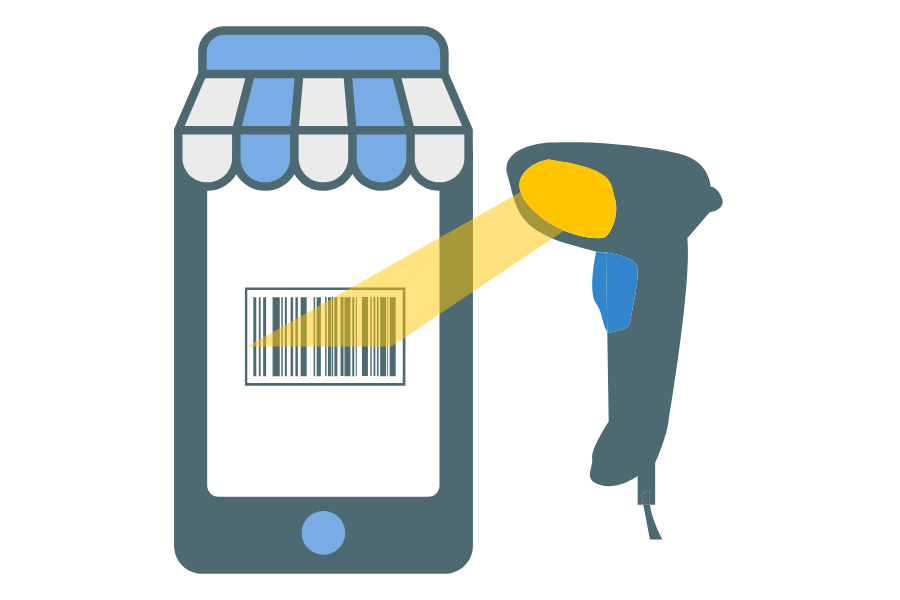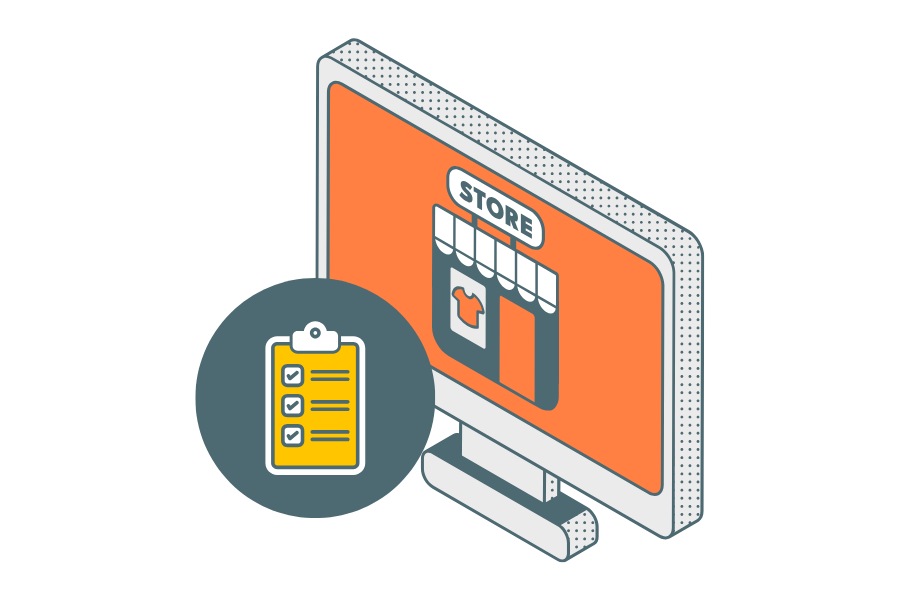What Taxes Do Small Businesses Pay in the UK?
Running a small business in the UK comes with many exciting opportunities — and some important responsibilities, especially when it comes to tax. Navigating the various taxes your business might owe can feel overwhelming, but having a clear understanding is key to avoiding fines and keeping your finances healthy.
Whether you handle your accounts yourself or partner with trusted accounting services in the UK, knowing the taxes that apply to your business will help you plan ahead and make smarter financial decisions.
Key Taxes for UK Small Businesses
1. Corporation Tax (Limited Companies)
If your business is set up as a limited company, you’re required to pay Corporation Tax on your profits, including income from trading, investments, and capital gains.
- 19% tax rate applies to profits up to £50,000
- 25% applies to profits over £250,000
- For profits between £50,000 and £250,000, a sliding scale called Marginal Relief helps ease the tax burden
Keep in mind, Corporation Tax deadlines are strict, so mark your calendar to avoid penalties. For limited companies, Corporation Tax is often the biggest tax to manage.
If you’re a sole trader or in a partnership, you won’t pay Corporation Tax but instead pay Income Tax on your business profits.
2. Income Tax (Sole Traders and Partnerships)
Sole traders and partners pay Income Tax on the profits they earn from their business through the Self Assessment system.
- Your tax rate depends on your total income — including other earnings
- If you employ staff, Income Tax is deducted through the PAYE (Pay As You Earn) system
Filing your Self Assessment tax return on time each year is essential. If you’re unsure about deductions or allowances you might claim, an expert in accounting services in the UK can save you time and money.
3. Value Added Tax (VAT)
VAT is charged on most goods and services in the UK. You must register for VAT if your business’s taxable turnover exceeds £90,000 in any 12-month period.
- The standard VAT rate is 20%, but some goods and services have reduced or zero rates
- Once registered, you must charge VAT on your sales but can reclaim VAT on business purchases
- Even if you don’t meet the threshold, voluntary registration may benefit your cash flow and reputation
Tracking VAT accurately can be complex, so using software or professional accounting advice helps you stay on top of deadlines and avoid costly errors.
✅ One fixed price. All your financials handled. Combine accounting and tax filing in a single plan. See how simple it can be here.
4. National Insurance Contributions (NICs)
National Insurance is an important part of the UK tax system and contributes towards your entitlement to state benefits and pensions.
- Employers pay Class 1 NICs on employee salaries
- Sole traders and partners pay:
- Class 2 NICs (a fixed weekly amount)
- Class 4 NICs (a percentage of profits)
Make sure you factor NICs into your budgeting to avoid surprises at tax time.
5. Business Rates
If your business operates from commercial premises such as a shop, office, or warehouse, you will likely pay business rates to your local council.
- Amounts depend on the rateable value of your property
- Small businesses may be eligible for Small Business Rate Relief, reducing or even removing this cost
It’s worth checking if your property qualifies for relief — it could make a big difference to your overheads.
6. Capital Gains Tax (CGT)
When you sell business assets such as equipment, land, or buildings for a profit, you may need to pay Capital Gains Tax.
- Sole traders and partnerships pay CGT on gains
- Limited companies instead pay Corporation Tax on any gains
Understanding when CGT applies and how to calculate it can be tricky. Your accounting advisor can guide you through exemptions and reliefs that might apply.
Summary
In the UK, the taxes your small business needs to pay depend largely on your business structure and activities. Limited companies focus on Corporation Tax, while sole traders and partnerships pay Income Tax on profits. VAT registration becomes compulsory once you cross the £90,000 turnover threshold, and National Insurance contributions are a responsibility for both employers and the self-employed. Business rates apply if you operate from commercial premises, and Capital Gains Tax might be due on the sale of business assets.
How Counto Can Help
Get accounting and tax filing in one smart solution. Our platform combines AI-powered bookkeeping with expert tax support, while your dedicated Customer Success Manager is just a message away. Choose a plan that covers all your needs at one fixed price. Chat with us now, email [email protected] , or use our contact form.







